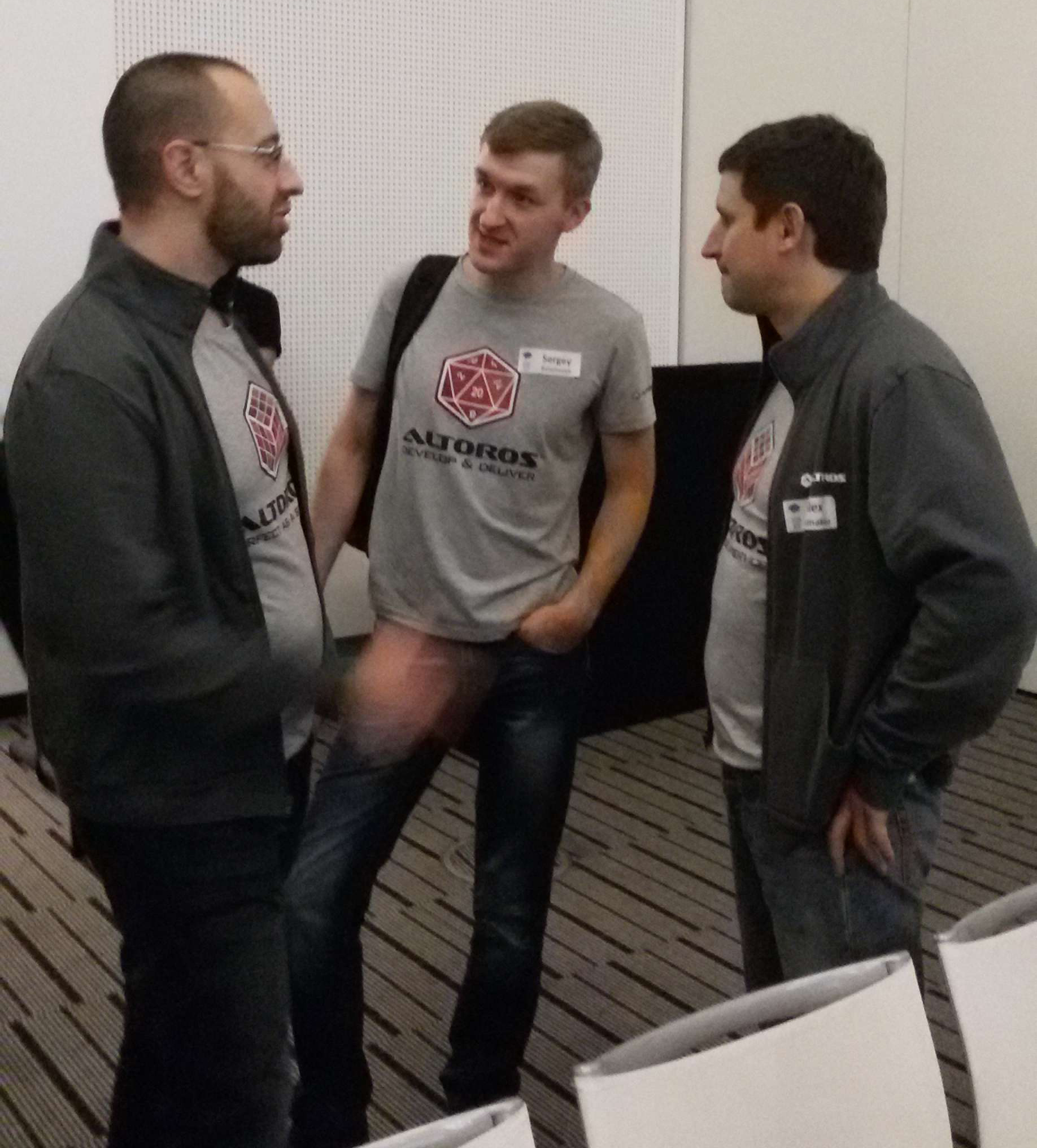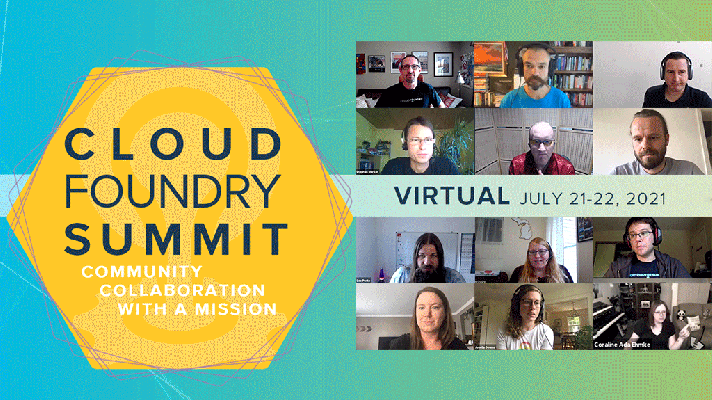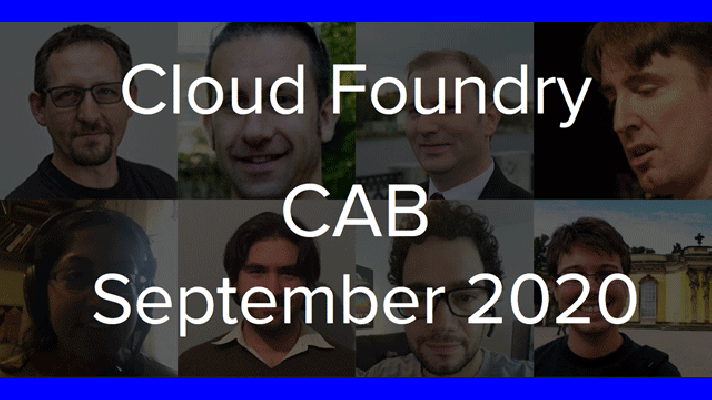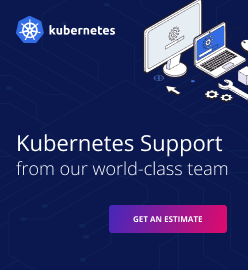Cloud Foundry Summit Berlin, Recap: The Unconference
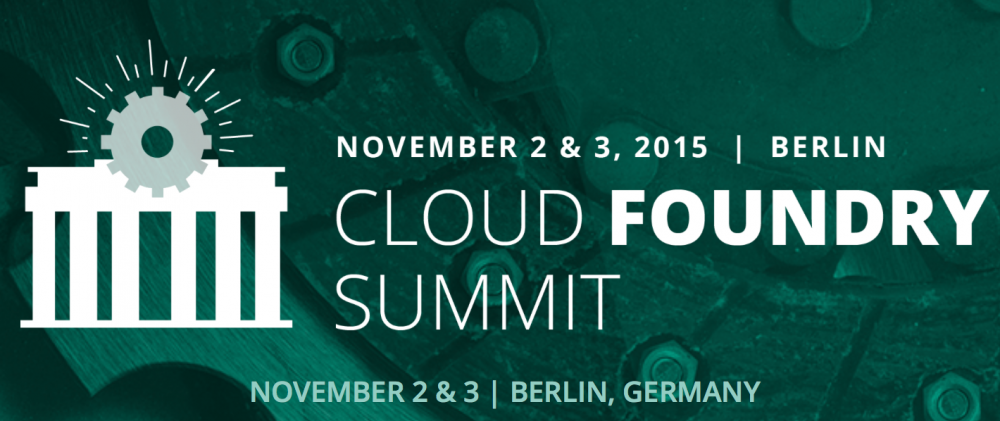
CF Summit, Day 0
The kick-off of the first-ever in Europe CF Summit was a bit clouded with foggy weather and flight delays, so not all of the expected 600+ attendees were able to arrive on time. Despite that, the unconference was packed with fun stuff. Not only did it feature seven lightning talks by Pivotal, HP, Swisscom, Cloudsoft, CloudCredo, Anynines, and others, but also a training session on public speaking by CF Foundation CEO Sam Ramji.
“Make a Docker dance to them and dance them to where you need.” —advice from @sramji
It could be a full-fledged first day of the summit, except that there were no pre-determined presentation topics. Instead, the attendees got to propose and choose what to discuss. Here is a short summary of the points covered during the lightning talks and the questions answered by the expert unpanel.
The lightning talks
It has been mentioned by the CF Foundation that use cases and real-life experience will be the main topics for Berlin’s summit and, in fact, a great part of the unconference lightning talks focused on the practical side of using CF and BOSH. E.g. Julian Fischer from Anynines spoke about BOSH, deploying nodes as plain services, and integration between BOSH and Consul.
The X for Services .. unconference at cfsummit .. We should have faster way for dev to try out new services pic.twitter.com/qDq4SvTH4l
— 2 Protons & a Cloud (@2Protons) November 1, 2015
Robert Moss from Cloudsoft discussed the service broker for Brooklyn.
@robert_g_moss "brooklyn service broker dramatically reduces time to deliver cloudfoundry services". More details: https://t.co/oz321c11Vf
— Alexander Lomov (@code1n) November 1, 2015
Etienne Cointet, HP, shared HP’s experience with running .NET software on CF. The talk by Diego Zamboni was illustrated by some diagrams of how Swisscom implemented their PaaS platform, how they keep their cloud healthy, and how they use Grafana, Riemann, RabbitMQ, and Consul to aggregate all output.
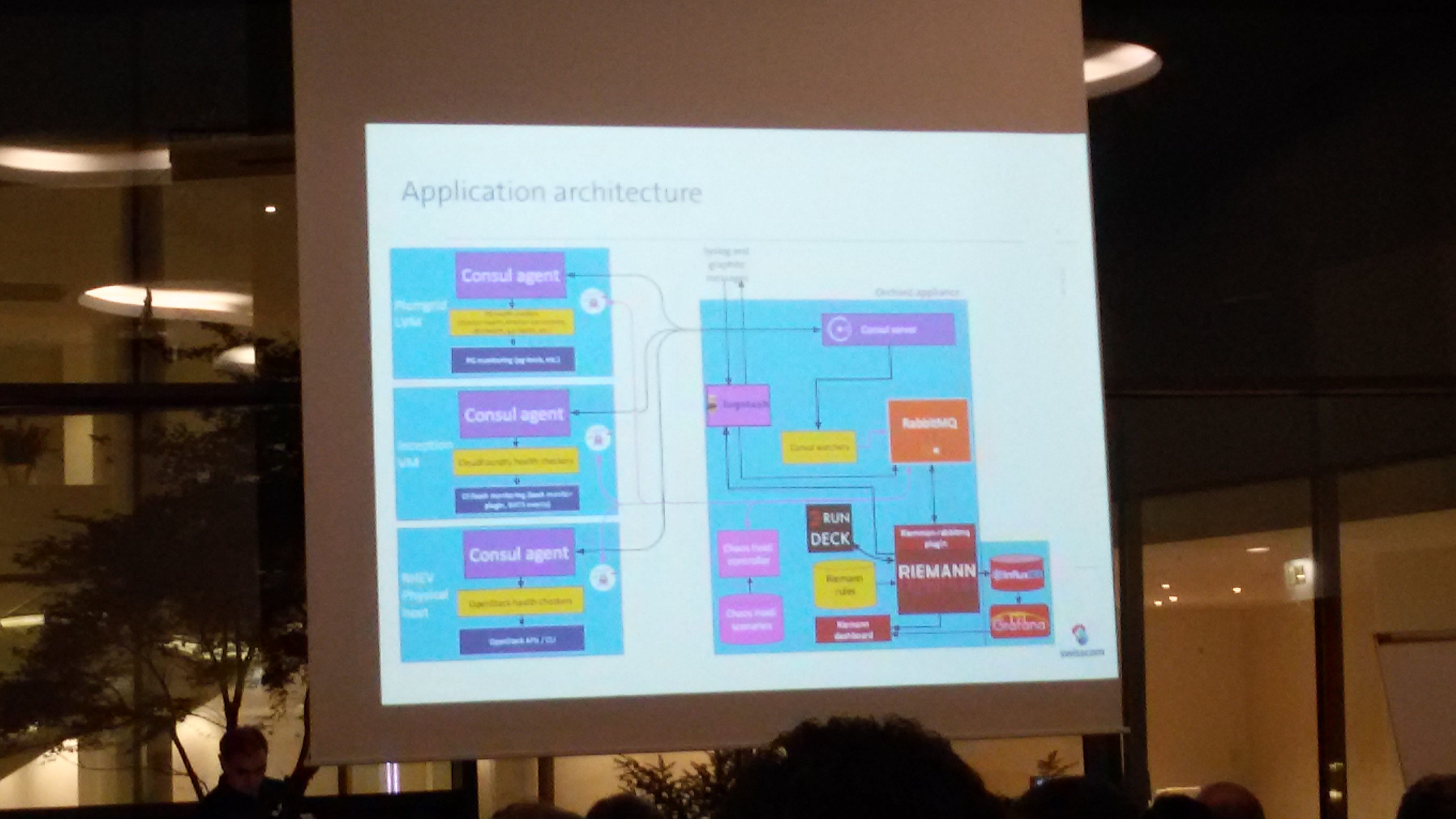
There were also a couple of lightning talks dedicated to the cultural and people-related aspects of using a PaaS. Alex Blease and Claudia Beresford shared how Cloud Foundry and agile development come together at CloudCredo.
CF the @CloudCredo way: @ablease87 & Claudia Beresford on how agile requires communication & courage. cfsummit pic.twitter.com/vq53imIbjV
— Bridget Kromhout (@bridgetkromhout) November 1, 2015
And Casey West from Pivotal talked about “Redefining Culture Fit at Work” and how Pivotal nurtures continuous innovation through standups, continuous feedback, and sharing, as well as cultural values, such as blame-free failure and growth through mistakes.
Rituals/traditions in communities can be superficial; let’s look more closely at what we value. @caseywest cfsummit pic.twitter.com/m0Ub1hm2rg
— Bridget Kromhout (@bridgetkromhout) November 1, 2015
The talk by Scott Monson from the Cloud Foundry Foundation, “How to use Special Interest Groups to Create User-driven Roadmaps in an Open Source Project,” was about moving open source projects forward by working with the community. The bottomline was that there should be more CF users among the members of the Foundation because it is users who “run the economy.”
The unpanel sessions
The major part of the unconference was the unpanel discussion. The questions selected by the participants and answered by the expert unpanel included:
- PaaS is dead, why are you here? The main takeaways here seem to be that no one really cares about IaaS anymore—now, it’s all about apps and PaaS that supports them. Building a PaaS from scratch is hard and, since we already have one, there is probably not much point in repeating the process.
- What’s coming next? In what direction do you want to see CF going? The unpanel’s answers were: stability and resilience, keeping the system going even with failures, making CF more exciting, easier deployments, focusing on services, and wider adoption of BOSH releases.
- Use cases for pushing Docker/buildpacks The answers were mixed, ranging from “it doesn’t matter” to “you don’t know what you run with Docker, if you take if from outside,” etc. While buildpacks are faster, easier to use, and have lower requirements to developer skills, they may cause some tricky issues. Containers, in their turn, provide a lot of freedom and control.
- Do you know who owns the CI endpoint in your CF cluster? Who is responsible for CI? According to the unpanel, there is probably no prescriptive answer, but it is clear that the team owning the application is also responsible for its life cycle.
Unpanel at the Cloud Foundry Unconference with @Swisscom_Dev cfsummit pic.twitter.com/nKeWF4fHNu
— Manuel Dietrich (@manueldietrich) November 1, 2015
PAAS or Docker? Both will stay in different scenarios. So put application and developer ahead of anything! Cc: @cloudfoundry cfsummit
— 2 Protons & a Cloud (@2Protons) November 1, 2015
Ready to rock at CF Summit Berlin?
The unconference was just a teaser before the main event, but the actual sessions are scheduled for Monday and Tuesday. We will be posting updates on our Twitter channel, so tune in if you won’t be able to attend. And if you are still queueing for the next train to Berlin, we hope to see you at the conference soon.

